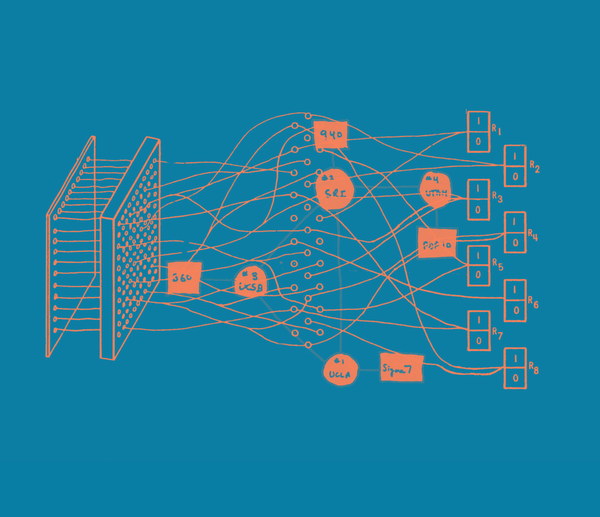
Is AI Art Net Art?
Video & prepared remarks for the symposium with Vladan Joler, Valentina Tanni & Eryk Salvaggio examining the transformation and consolidation of the Web from the 1990s up to the age of generative AI.

Video & prepared remarks for the symposium with Vladan Joler, Valentina Tanni & Eryk Salvaggio examining the transformation and consolidation of the Web from the 1990s up to the age of generative AI.

My latest piece in Tech Policy Press examines two AI copyright rulings and the legal rationales that will likely be setting precedent beyond the the short-term legal victories.

If you missed it, my piece in Tech Policy Press tackles the relationship the AI industry has with uncertainty: using what they don't know about AI as evidence that they're right, or that it should be feared, or that it can't be properly regulated.
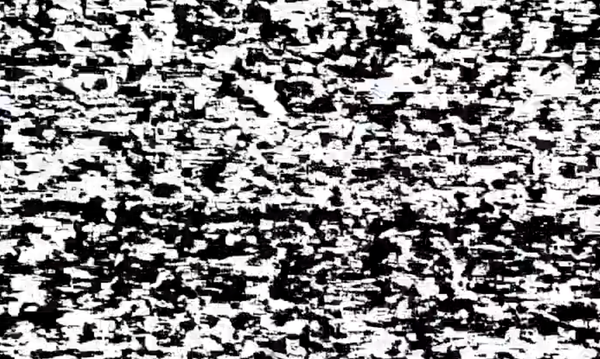
A new paper from Apple proves what I've discussed before – that so-called "reasoning" models aren't doing much reasoning at all – but now that is clear even by the bizarre industry definitions of the term. The researchers created a series of puzzles with similar problem-solving
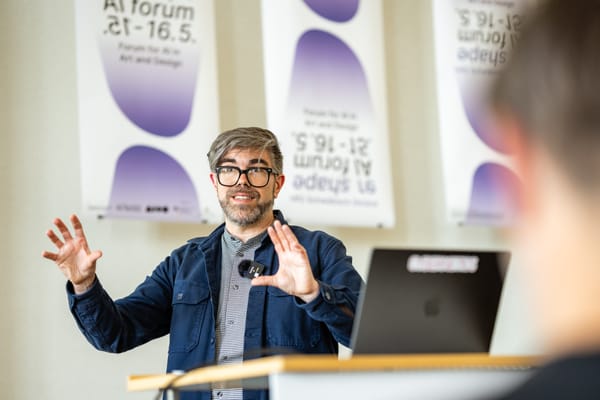
Interfaces, and design of all kinds, exercise decision-making. Decision making is a form of power. What, then, is generative AI for design?

Remarks from an in-person debate, 'L’IA en question, questions à l’IA', a two-day event at the Centre Pompidou, Paris, on May 24/25. The event focused on debates about the role of AI in contemporary society.
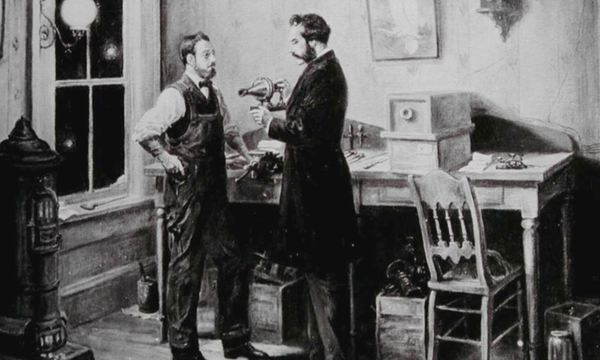
Remarks on AI, Noise, and Creative Misuse for the Artificial Intelligence & Contemporary Creation conference, 24 May 2025 at the Jeu de Paume, Paris.

I'm three events into this tour talking about AI, and there's a question about the environment every time. What's the environmental impact of AI? In London, the question was a bit more pointed: How do I justify using AI as an artist, knowing the
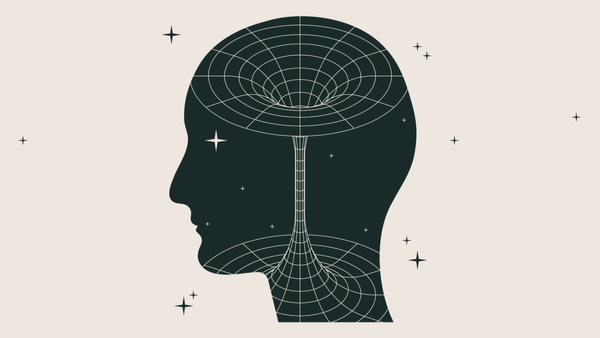
My new piece in Tech Policy Press is up, and it’s about the recent re-emergence of very silly chatter about whether AI “experiences the world” and therefore ought to have something akin to human rights. In the piece, I argue that they don’t need them. Here’s how
Are pro and anti AI camps talking about the same thing when they say “useful”?

A walk-through of the NCM's "Signal to Noise," a recently opened exhibition curated by Eryk Salvaggio, Joel Stern and Emily Siddons in Melbourne, that examines how artists have worked with noisy channels.
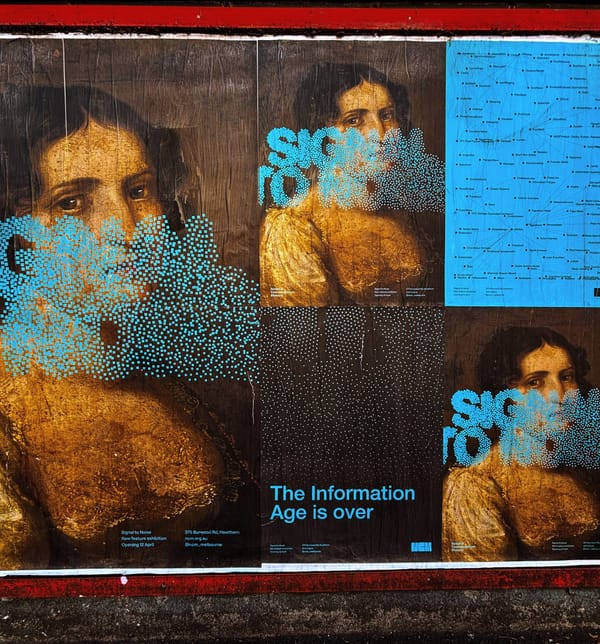
Thoughts on noise, for the opening of “Signal to Noise” at the National Communication Museum in Melbourne.

Signal to Noise explores how artists work with, challenge, or complicate the relationship between signals and noise—disruptions, glitches or interference—in communication technologies and the messages they send.
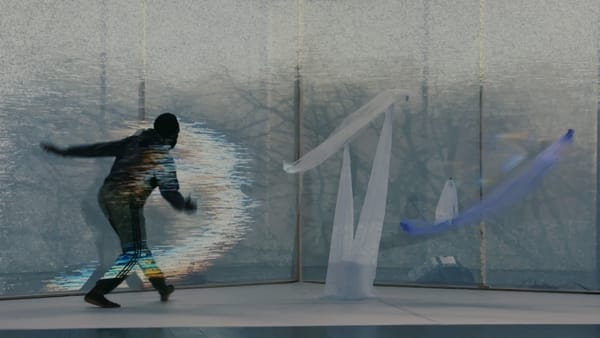
dance
Unsorted Depths visualizes the archive as a cultural formation but also charts the field of memory against the backdrop of noise.
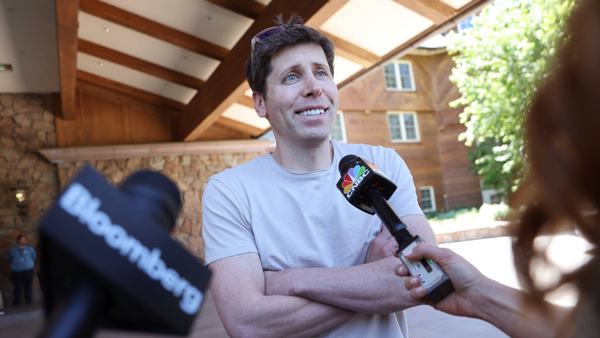
tpp
Gaining traction in the bleakest depths of 2020, Generative AI offered something more than just a tech product. It proposed a way of reimagining the future.
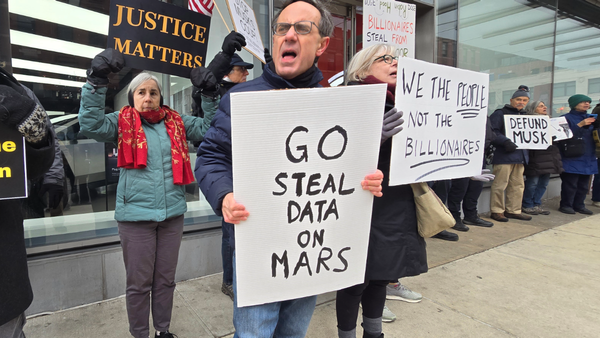
Over at Tech Policy Press, I wrote about the government commission that lead to the creation of the 1974 Privacy Act, and how an expanding AI state puts the values of privacy from government surveillance at risk. The Privacy Act was created as a response to the growing presence of
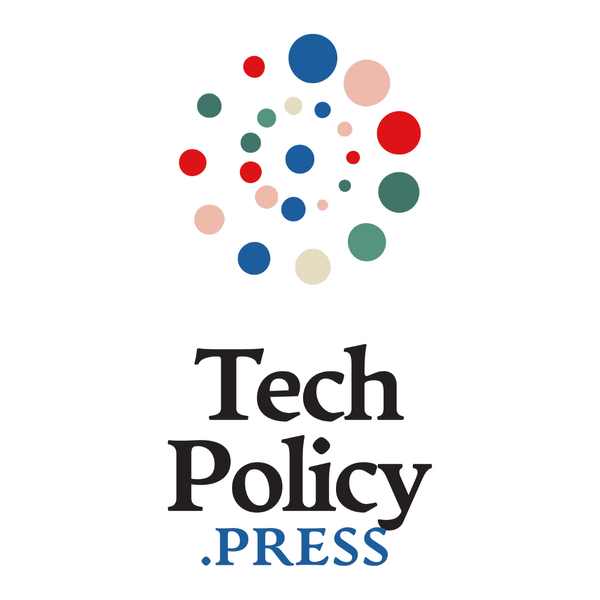
It's been a busy few weeks, but I'm on a panel for the latest podcast of Tech Policy Press' "Sunday Show" alongside Borhane Blili-Hamelin and Margaret Mitchell to discuss a paper we co-authored – with a slew of additional authors – called "Stop Treating
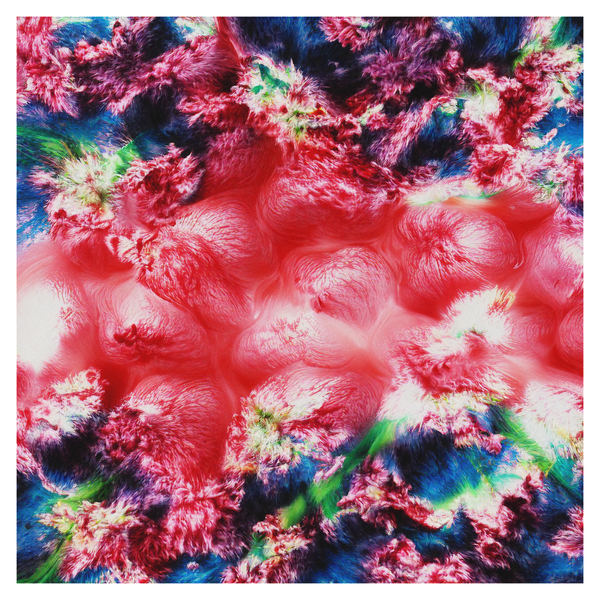
Pollen
New work inspired by the history of diffusion and pollen.
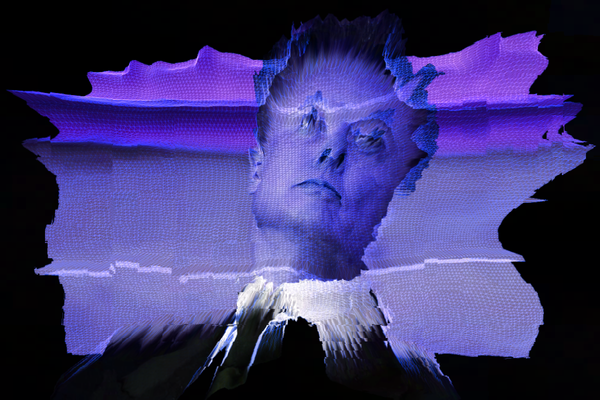
Elon Musk and DOGE's AI plans are not at all about efficiency, but about centralizing power to a small group of technical elites. A sample:
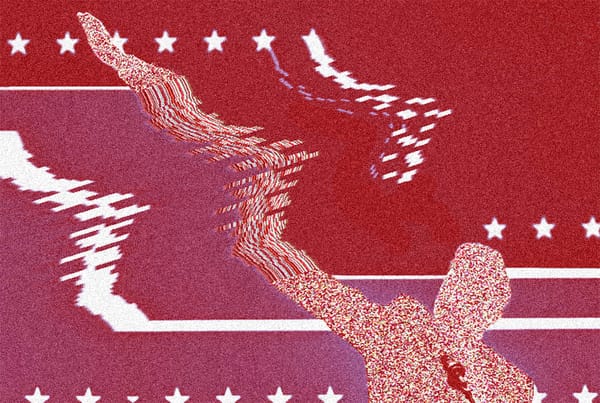
AI is an excuse that allows those with power to operate at a distance from those whom their power touches.

spawning
We are seeing a generation of tools built without critically rethinking the purposes they are meant to serve or their role in the broader world. Could we do it differently?
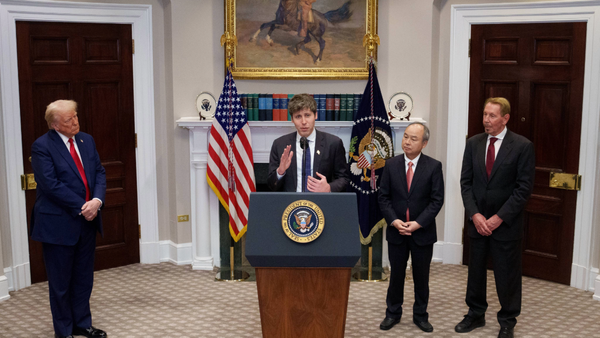
I have a new article in Tech Policy Press about infrastructure, AI, urban renewal projects and other public works efforts that ended up creating social and physical burdens due to overreach. Here's how it starts: A day after his inauguration, President Donald Trump was joined in the White

On David Lynch, AI, and the Myth of Automated Interiority My closest real-life encounter with David Lynch was getting into a Lyft that had just dropped him off at the premiere of Twin Peaks: The Return. A friend and I had planned a trip to Snoqualmie, WA to go to

barthes
If the author is dead, why isn't the LLM?